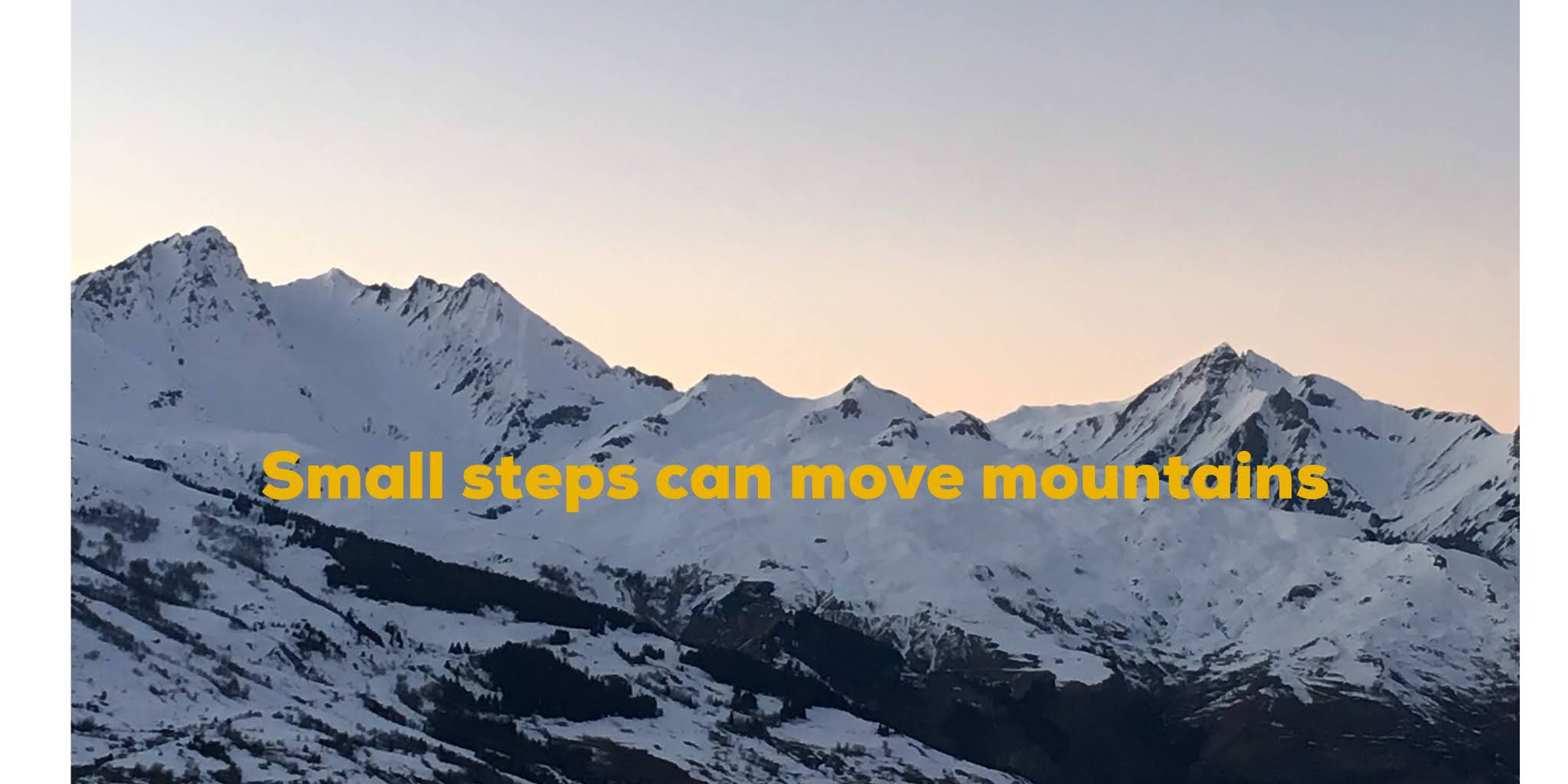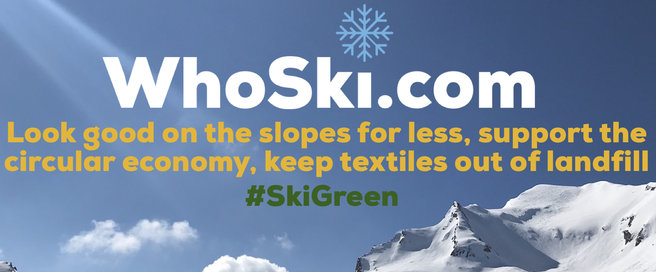An Earth Day blogpost from Co-founder of WhoSki.com, Nicola Davenport
Global revenues for transactions in the circular economy sector – secondhand, rental and repaired goods – are predicted to more than double over the four-year period to 2026¹.
Great news, you might think: finally the message is getting through, that re-use beats recycle, and that pre-loved is the new “new”.
Sadly, it’s not that simple. While the UK plays a key role in trading secondhand and used goods worldwide, much of that trade is in the export of our unwanted apparel to the Global South and elsewhere. In 2018, the UK ranked as the world’s second biggest exporter of used clothing, with exports valued at approximately US$541.41 million².
WhoSki.com, the UK’s peer-to-peer marketplace for secondhand ski and snowboard clothing, is a minnow in the tide of textile waste flowing out of Europe. However, as the current European ski
season draws to close, now is the perfect time to take stock of how our little marketplace is starting
to make waves. In our first full season, the WhoSki.com customer base has grown by a whopping 1,270%, we’ve won a Best Business award for innovation (and a runners-up gong for sustainability), we’ve built partnerships with a network of businesses operating in the winter sports sector, worked alongside local, national and international players to promote circularity, kept heaps of secondhand ski wear, from ski jackets to goggles, IN active usage and OUT of landfill and we have enabled numerous
WhoSki.com members to monetize their wardrobe while reducing their carbon footprint via the circular economy.

Since its launch in 1972, Earth Day has sought to activate people to be more engaged and informed about protecting our planetary ecosystem. Awareness has grown and in latter years the deployment of solutions has undoubtedly accelerated.
Our experience has been similar. A handful of years ago, awareness of climate change was minimal among consumers. Personal experience of unreliable weather conditions in European ski resorts in recent years has brought the reality of climate change to the front door of our chalets.
Enabling skiers to buy secondhand ski clothing and equipment where possible and pass on their unwanted textiles sustainably via the WhoSki.com marketplace is part of the behaviour change that can help convert consumers to embrace the circular economy across multiple sectors.
Investment in behaviour change is among the steps we can and must take to support Planet Earth.
¹ https://www.statista.com/statistics/1337519/circular-economy-market-revenue/
² https://www.statista.com/topics/4593/second-hand-retail-in-the-united-kingdom-
uk/#topicOverview



Recent Comments